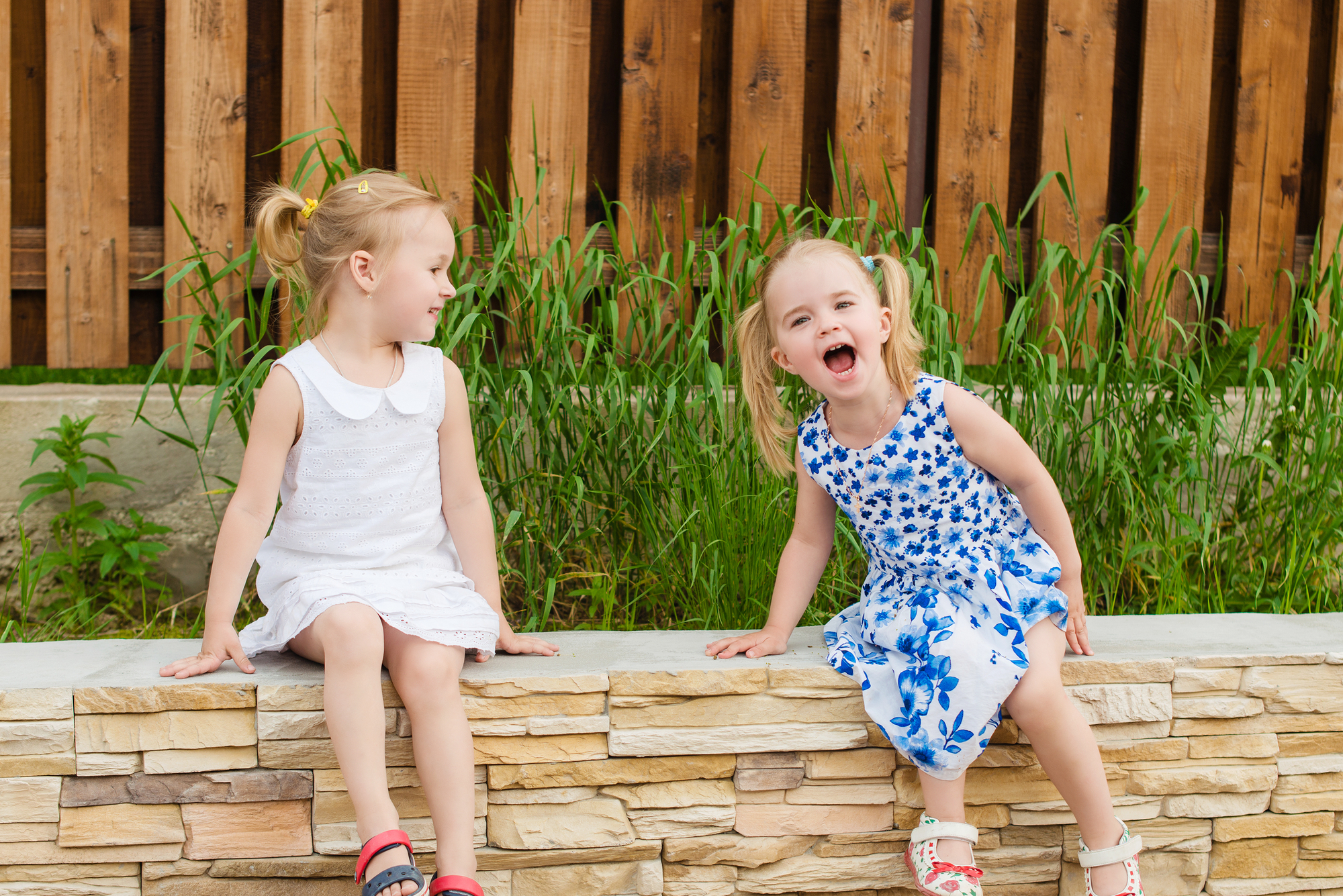Recently both children and adolescents have seen considerable changes to their weekly routines. School looks different, sport is on hold and parents and family for the most part have been the sole source of face-to-face social interaction for many children and young people. While in theory many parents hope that short term social distancing will have minimal impact on their children, the decrease in face to face contact with peers and the possibility of future isolation periods has many parents and professionals asking what effects can isolation have on children?
We know that as children move through childhood and into their teenage years that social interaction with same aged peers outside of the family is crucial for a child’s social and emotional development.
In younger children interaction with other children provides opportunity to develop social skills as the child becomes more independent. Social skills like learning to share, learning social norms and understanding behavioral expectations occur naturally through everyday interactions with those outside of the family like those experienced at school or on the sporting field. These social skills are crucial to later relationship formation. Long periods of social isolation can therefore disturb the natural development of these important life skills.
While teenagers have long used alternate means of social connection like social media and online forums the increase in physical Isolation does bring with it concerns. We know that teens find validation about themselves through their peers. Peers also become the preferred source of support for adolescents in these important years. Research shows us that teenagers who report feelings of loneliness experience greater challenges with their mental health. We also know that excessive use of social media platforms can see a decline in mental health. This is a concern at the moment because this is largely how young people are socializing due to periods of isolation. This decline occurs because young people may engage in unhealthy cognitive processes while using social media like comparing themselves to other people and measuring their worth by likes and comments.
If you are a parent and are concerned about your child who has been in isolation there are things you can do to support them:
- It is important that we do not make our anxieties and worries our children’s worries. If you are concerned about face-to-face interaction try not to project this onto your children. Talk about your worries when they can’t hear you and model being safe but calm, children are social learners if you appear distressed about speaking to people or going outside you will teach them to be scared as well.
- Encourage safe face-to-face interactions. Depending on the restrictions where you live this might be socially distant play dates or video calls with friends.
- Not all social media use is bad, safely monitor your child’s use and mood after they have been online.
- With young people spending more time at home we have to ask ourselves the question do they have enough opportunity for novelty and creativity while at home? These are things children and young people would often experience with peers. These are important outlets for children and young people to express themselves and will also benefit their mood. So what can they do for fun and how can you help facilitate this for them? It might mean being okay with a little bit more mess than usual or engaging in games with them.

Breanna Jayne Sada is a Lysn Psychologist with full general registration with AHPRA. Breanna has worked in various positions that have seen her gain knowledge and experience working with adults, children, young people and families. She has a particular passion for reducing stigma surrounding Mental Health Issues and help seeking, and hopes that throughout her career she can have a positive impact in this area.
To view on YouTube:
You may also like to read:
Five ways to keep the kids entertained during self-isolation









